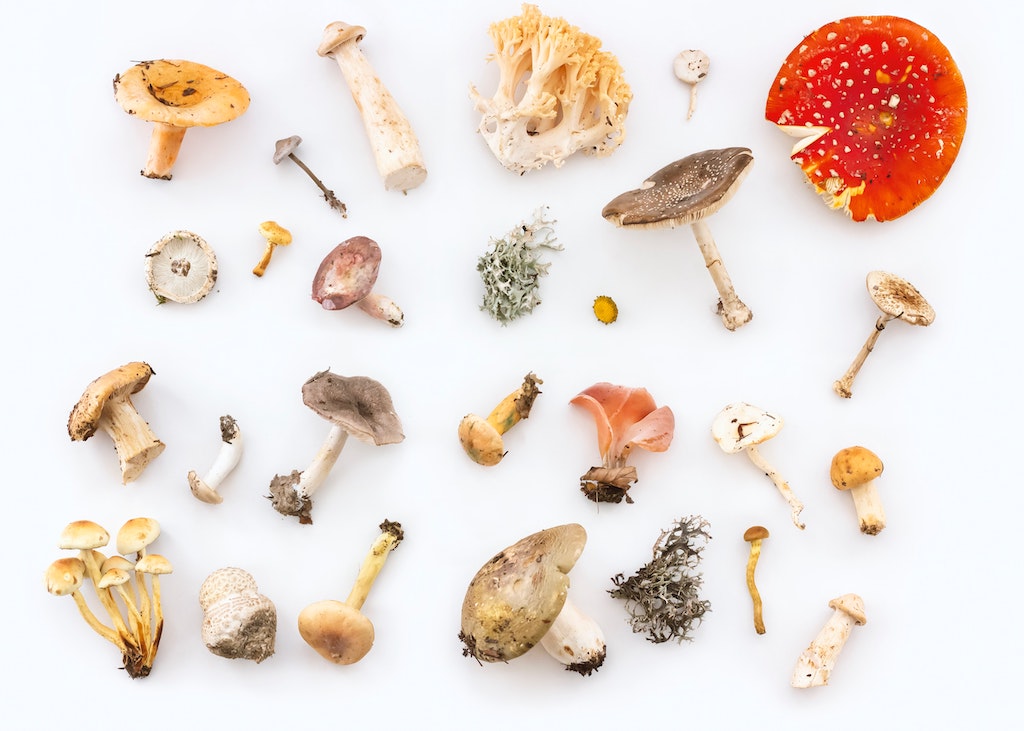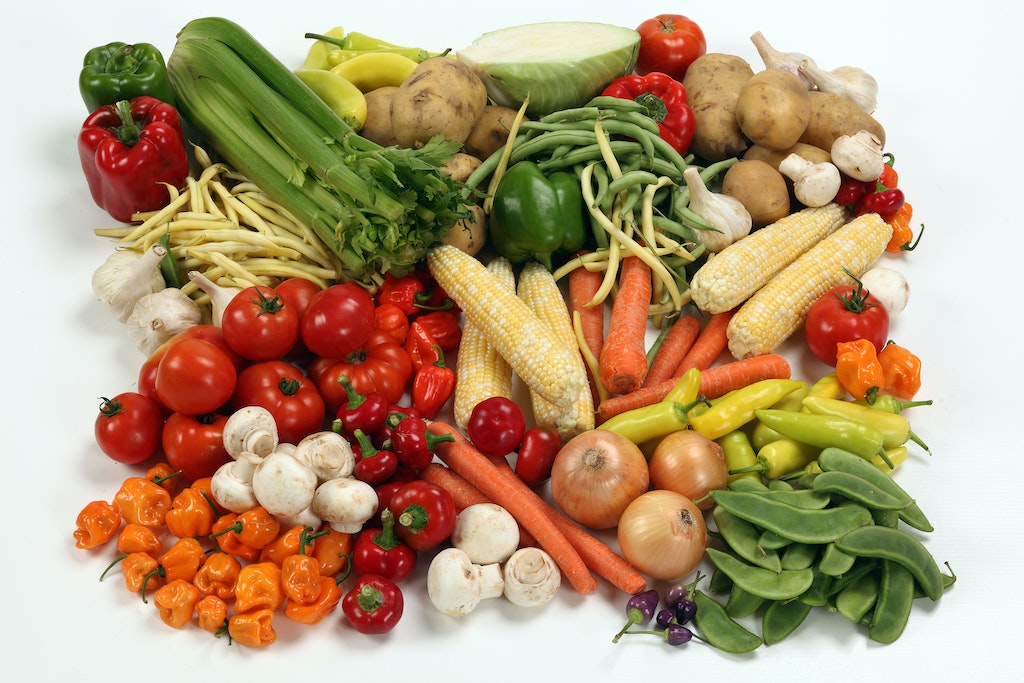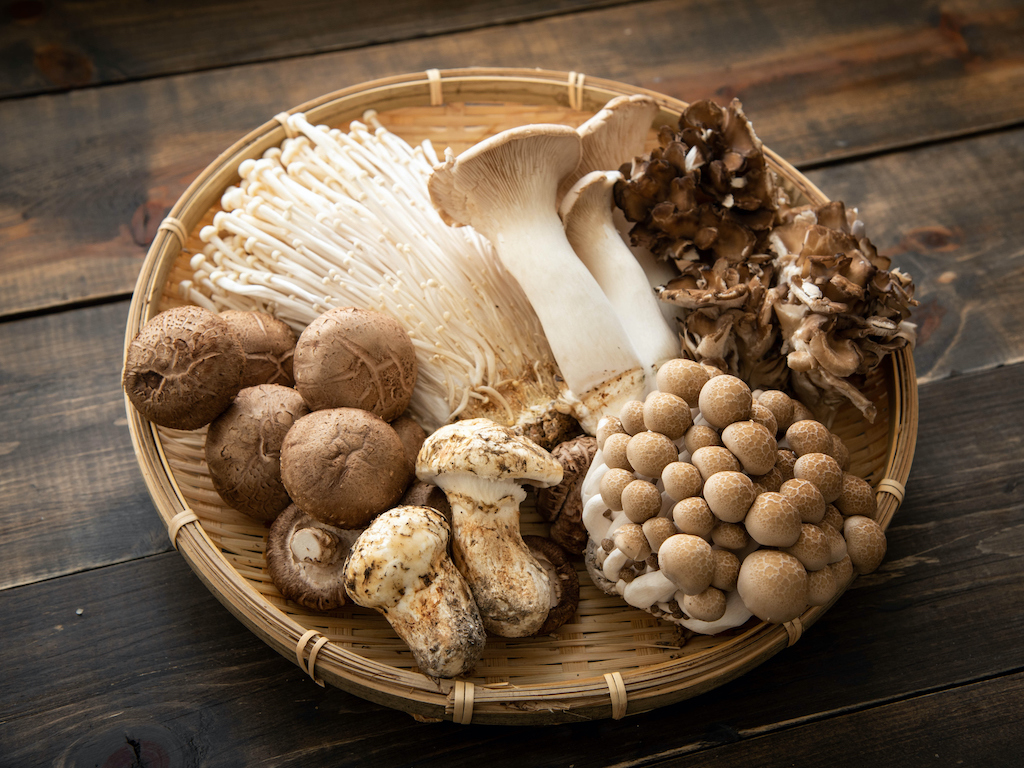3 Mins Read
You might want to think twice before you take a pass at mushrooms. Scientists have recently discovered that diets high in mushroom consumption are associated with a lower risk of developing cancer. The study, led by Pennsylvania State University researchers, found that this superfood is the highest dietary source of a “unique and potent antioxidant and cellular protector” called ergothioneine.
Not only are mushrooms high in vitamins and nutrients, they are also powerhouses for guarding against cancer, according to a new meta-analysis and systematic review published in the journal Advances in Nutrition. The study, which examined 17 cancer studies between 1966 and 2020, involving the data of more than 19,500 patients, found an association between higher levels of mushroom intake and a lower risk of developing cancer.
“The association between higher mushroom consumption and lower risk of cancer, particularly breast cancer, may indicate a potential protective role for mushrooms in the diet,” wrote the authors of the paper. More specifically, the team found that individuals who ate an average of 18 grams of mushrooms daily reduced their risk of cancer by 45% compared to non-mushroom eaters.
The reason why mushrooms can protect against cancer is because of its high levels of the amino acid ergothioneine. Certain varieties of mushrooms have particularly high ergothioneine content, such as shiitake, oyster, maitake and king oyster mushrooms. But portobello and button mushroom lovers can also rest assured, as the researchers all types of mushrooms were associated with a lower risk of cancer.

Overall, these findings provide important evidence for the protective effects of mushrooms against cancer.
Professor John Richie, Penn State Cancer Institute
“Mushrooms are the highest dietary source of ergothioneine, which is a unique and potent antioxidant and cellular protector,” explained co-author Djibril M. Ba, a graduate student in epidemiology at Penn State College of Medicine.
“Replenishing antioxidants in the body may help protect against oxidative stress and lower the risk of cancer.”
The strongest link appeared to be found between individuals who regularly consumed mushrooms and a far lower risk of breast cancer. Scientists believe that could be down to the fact that most studies in the analysis included breast cancer in their samples and didn’t include other forms of cancers, but could also provide an avenue to establish whether there are stronger associations with certain types of cancer in future research.
“Overall, these findings provide important evidence for the protective effects of mushrooms against cancer,” concluded co-author Professor John Richie of public health sciences and pharmacology at the Penn State Cancer Institute.
“Future studies are needed to better pinpoint the mechanisms involved and specific cancers that may be impacted.”

Mushrooms are the highest dietary source of ergothioneine, which is a unique and potent antioxidant and cellular protector.
Djibril M. Ba, Co-Author & Graduate Student, Penn State College of Medicine
In addition to adding mushrooms to your diet, scientists have also recommended that in general, eating a wide variety of plant-based foods is linked to greater positive health outcomes.
Scientists have previously found that high intake of protein from plants such as legumes, whole grains and nuts is linked to lower risk of developing a number of diseases, including diabetes, heart disease and stroke. Regularly consuming red meat and other animal proteins, however, was associated with several health problems and higher mortality rate from all causes, including cardiovascular diseases and cancer.
Similar findings were recorded in another study conducted by the National Cancer Institute in the U.S., which found an “inverse association” between high intake of plant-based foods and heart disease mortality rates. The strongest link was found in the replacement of red meat and eggs with plant-based whole food sources of protein.
Lead image courtesy of iStock.




